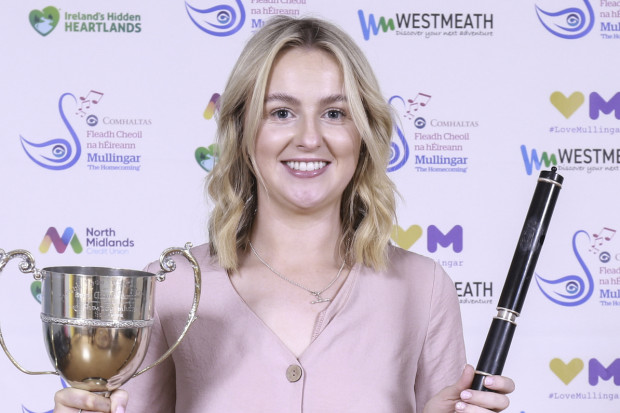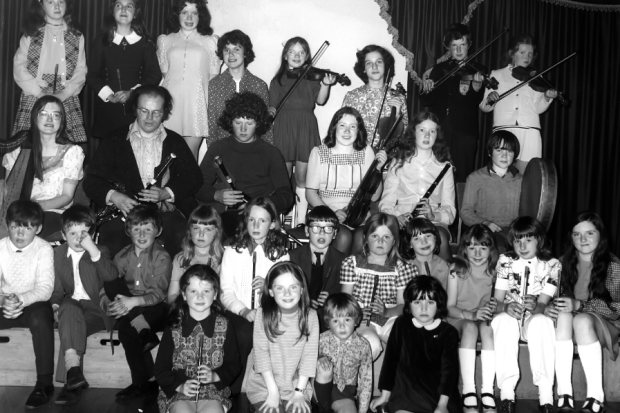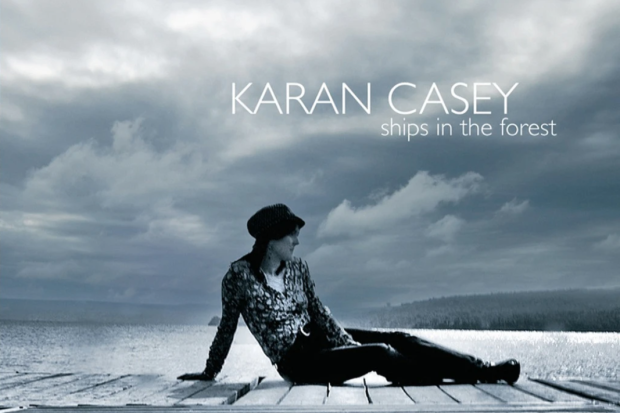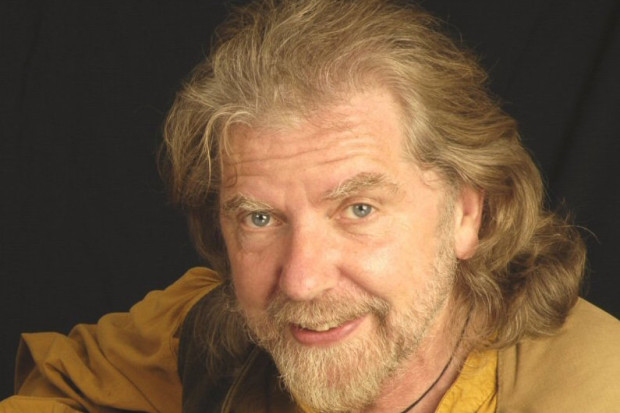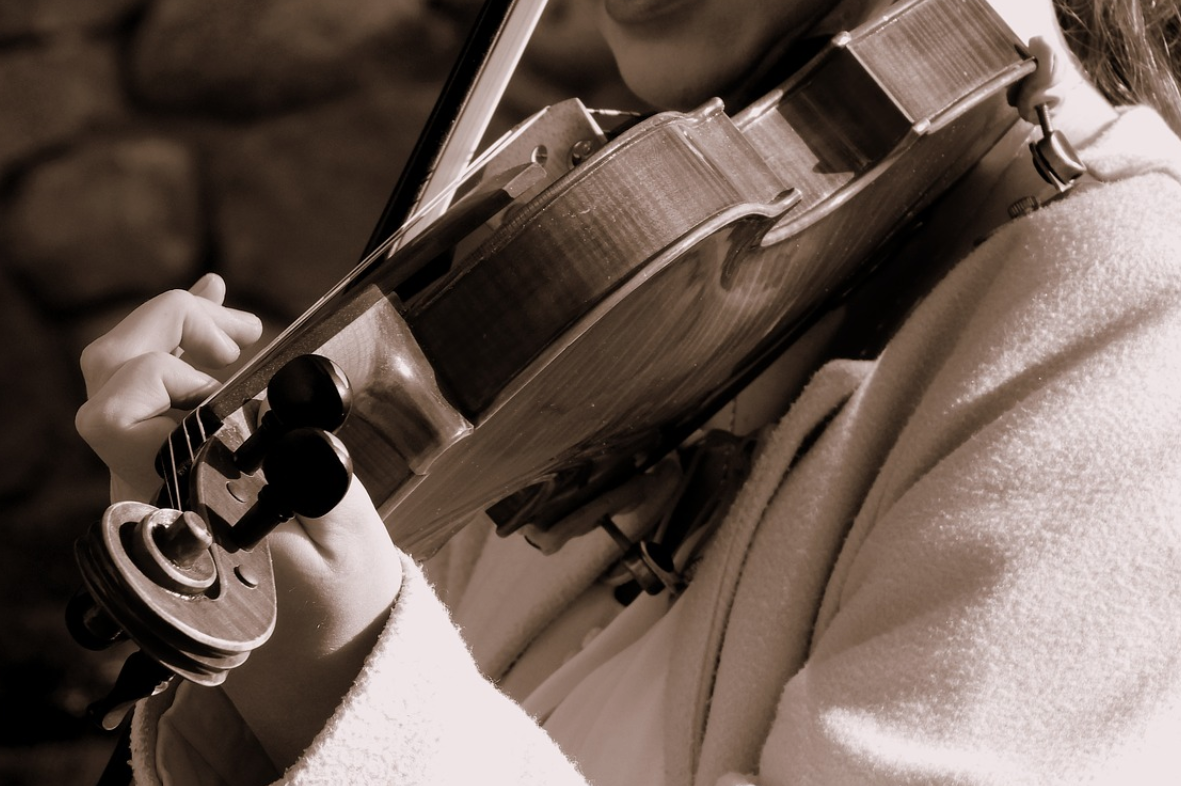
'We have ... been subjected to significant amounts of abuse and backlash, and a closing of ranks': Fair Plé and Mise Fosta call for Anti-harassment Protocols for Music Scene
Fair Plé and Mise Fosta, the campaigns that have arisen due to inequality and sexual harassment in the traditional and folk music scenes, have called for anti-harassment protocols to be implemented to protect women and vulnerable people working in the sector.
Representatives from both organisations, the singer Dr Karan Casey from Fair Plé and musician Anna Ní Nualláin from Mise Fosta, spoke at a Joint Committee meeting in the Oireachtas last week (17 November) that was called to discuss the working environment in the arts.
The meeting was prompted by the publication last month of an Irish Theatre Institute report, which found that of 1300 people surveyed in the arts, 70% have experienced harmful behaviour. Last July, an RTÉ Investigates programme highlighted the issue of sexual abuse in the traditional music scene, and in March of this year Dr Úna Monaghan published research into the area.
In their statements, Dr Casey and Ní Nualláin spoke of how vulnerable women are in the folk and traditional music sectors because of the informal nature of the scene and the fact that it has no clear channels for reporting abuse. In Casey’s statement, she said that, after Fair Plé was founded in 2018, to initially address inequality, it became clear that, ‘Inequality in representation was being supported by a workplace culture which turns a blind eye to harassment and assault of women.’
From the outset, our members began receiving, unprompted, confidential disclosures of harassment and assault from women across the scene, so much so that it was clear an endemic problem existed.
She also said that, in highlighting these issues, the group had received significant push-back from the sector:
For almost 4 years, we have worked tirelessly, as volunteers, to raise awareness and to address these issues and are very grateful for the support we have received to date. However, we have also been subjected to significant amounts of abuse and backlash, and a closing of ranks. Time and energy spent on this work has been and continues to be at the expense of our own craft, while perpetrators continue to earn.
Speaking about the Mise Fosta campaign, which began online in 2020 to highlight abuse and harassment in the traditional music and dance scene, Ní Nualláin said that the sector has still not addressed the issue and that there has not been enough support for young women. She said:
The speed at which the movement gained traction was the thing that surprised us all… hundreds of people, the vast majority of whom were young girls and women, coming forward… It was soon clear that many knew that abuse was happening on some scale, but that nobody wanted to speak up or felt that they could speak up about it. We realise now that although the nature of abuse isn’t unique to the trad scene, there are certain endemic features that act as enabling mechanisms within the scene, mechanisms that facilitate and almost promote abusive behaviour, but that also make it hard to talk about or address it.
She said that among those features are the fact that the traditional music scene is an ‘incredibly tight-knit community with a lot of unregulated situations.’ This can mean that ‘your abuser is your fiddle teacher, a family friend, a well-respected musician, or in your friend group.’
She also spoke about a defensive approach in the sector in response to the revelations, and a lack of leadership.
We’ve had reports that speaking out against abuse has lost people gigs, friendships, touring opportunities and further harassment through victim-blaming, social isolation and ostracisation… people disregarding women’s stories as salacious gossip, defiling our whole situation and ruining men’s careers, which leads me to believe that the image and the reputation of the tradition is seen as more important than the safety of those who actually make up that tradition.
Ní Nualláin questioned why young women were dealing with these revelations rather than those in a leadership position in organisations.
I’ve often asked myself why a group of young people in their teens and early twenties are dealing with hundreds of stories of abuse and then have people who are in much higher and more influential positions turn to us and ask what to do next.
Fair Plé called for three separate actions at the meeting to address the situation. Firstly, it says that all state arts and music funding should be subject to venues, promoters and organisations having strict anti-harassment protocols and procedures, similar to the French system of a Protocol for the Prevention of Sexual and Gender Based Violence, developed by the Centre National de la Musique.
Secondly, it says that an independent statutory body should be established that freelance artists can turn to and which would have the power to investigate claims of discrimination or harassment. Thirdly, it wants funding to address this issue to be significantly increased. The organisation says that the initial funding announced by Minister for Arts Catherine Martin in response to the Irish Theatre Institute report is ‘woefully inadequate’. Dr Casey said: ‘We want to ensure that the Department is committed to ensuring that these measures are sustainable and not simply a “one- off”.’
Representatives from Comhaltas Ceoltóirí Éireann – Siobhán Ní Chonaráin, Tomás Ó Maoldomhnaigh and Majella Bartley – were also in attendance at the meeting. They welcomed the Irish Theatre Institute report and outlined how they are currently developing policies and training to address issues of discrimination and equality.
To view the meeting, see below (starts at 1hr 48mins). To download the Irish Theatre Institute report see here. For more on Fair Plé and Mise Fosta visit www.fairple.com and www.instagram.com/misefosta.














